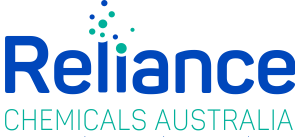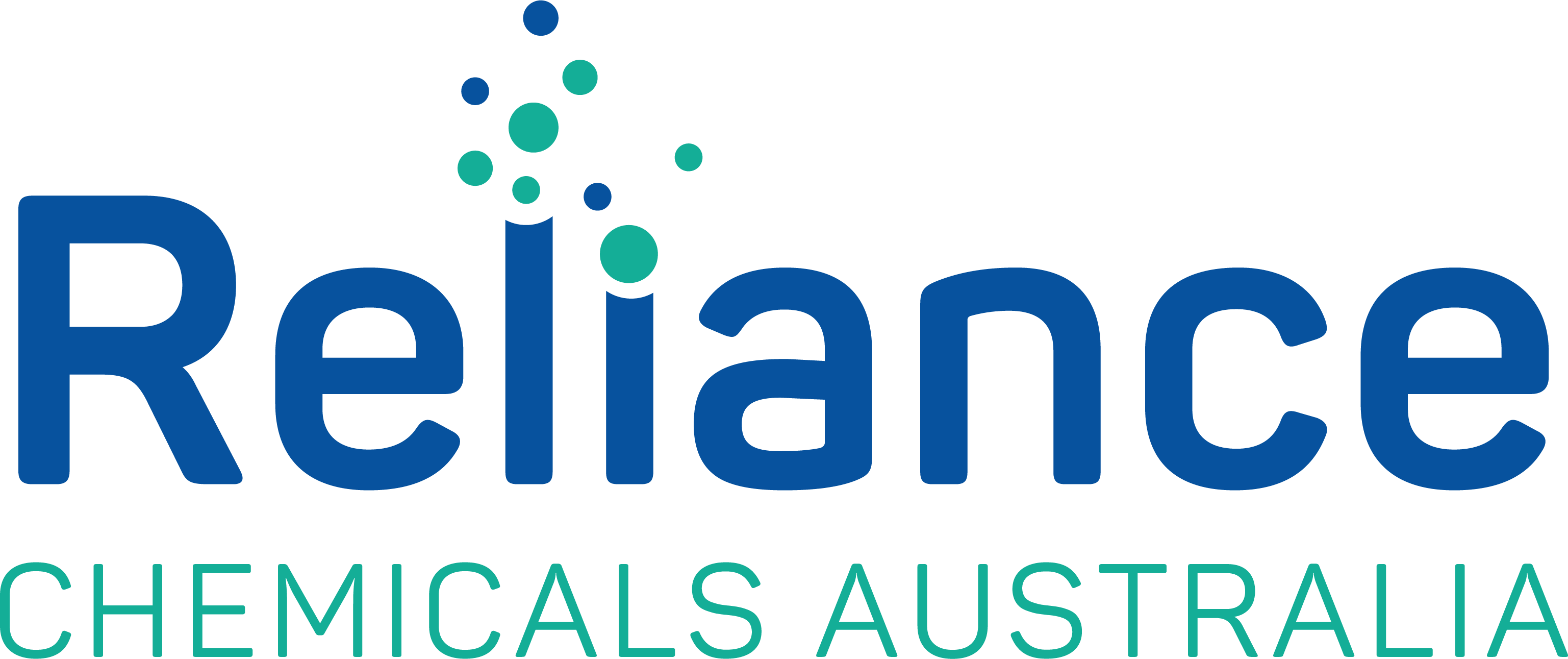
- by
- Hospitality
Hospitality Essentials – How They Are Used
What are the Hospitality Essentials in general?
Due to the sheer range of services as well as experiences the Hospitality industry give to the same category of people, a set of companies has been thatched underneath the canopy of hospitality.
Accommodations
Accommodation covers anything from tiny local Guesthouses to hostels & posh hotels, as well as house-sharing services like Airborne and Couch-surfing. In short, this industry is concerned with supplying you with your preferred necessities based on your requirements.
Food and Beverage
Eateries, bars, cafés, or any culinary marketplaces wherein people meet to socialize, eat, or drink are included in the food and beverage sector. More pop-up eateries and new concepts emerge to keep us engaged as consumer needs evolve.
Traveling & Transportation
Presently, the mode of transportation used to go to a location is becoming an increasingly essential factor for the specific traveler. We no longer grab whatever is available but look for the best-suited ones for us.
One of The Most Important Hospitality Essentials – Cleaning Essentials
Cleaning solvents have a powerful effect on the client experiences in the hotel business. Whether that’s the hygiene of dinnerware, glasses, and utensils, providing healthy cooking conditions, or sanitizing dining rooms, the quality that clients experience is dependent on the items you employ.
From gourmet dining to convention-sized catering, our guide will help you attain the best services and goods to guarantee an excellent experience.
What are the Hospitality Essentials chemicals in the hospitality industry?
The answer is that they are cleaning solutions, which we use in our homes and businesses. They remove dirt, grease, and grime from surfaces, and disinfect them.
Some are environmentally friendly, some use synthetic organics, and others are made with all-natural ingredients. In this article, we’ll look at the most common components used in the hospitality and foodservice industries, and how they’re applied.
Aromatics
This is mostly used in hotels and in foodservice settings. Aromatics are substances that smell good.
In foodservice, it includes the “love it” fragrance of the food or the saltiness of the atmosphere.
In hospitality, it has to do with the comfort of the staff, and the cleanliness of the eating and drinking areas.
Cleaning Chemicals
This is used in hospitality and in the cleaning services of hotels. These chemicals include sanitizers, disinfectants, and cleaners.
- One is used to reduce the risk of germs and other forms of infectious diseases and bacteria.
- Another is to reduce and eliminate the effects of dirt and stain on surfaces. Cleaning chemicals may also be used to clean the air conditioning system in the hotel.
Additionally, hand washing and sanitization products are of the utmost importance. Hand washing is an important step in preventing cross-contamination in the food business.
Because regular hand washing is necessary for many places, gentle products are required to avoid dermatitis.
Recognizing the diversity of our client’s needs, you should look for a comprehensive variety to meet all applications and client requirements.
The majority of goods are supplied in bulk, with a sealed pouch-based method that avoids cross-contamination.
General Purpose cleaners
They are the go-to solution in the hospitality and foodservice industries. There are many forms of these chemicals, and they can be general-purpose, for general cleaning, or specific to certain services or products.
General Purpose cleaners include cleansers, detergents, and disinfectants. General Purpose means that they are used for everything, from dirt removal in hospitals and airports to the polishing of hotel and restaurant floors.
These chemicals may also be used as disinfectants for medical facilities and for the care of foodservice equipment.
Hygiene and Food Service
Hospitals and other establishments that provide a food service element have chemicals that clean and sanitize the food preparation area. Some hotels and restaurants have their own sanitizing options.
These include cleaning products, deodorizers, and sanitizers. The purpose of hygiene chemicals is to eliminate bacteria, viruses, germs, and other harmful microbes. Sanitizing chemicals are used to kill bacteria and eliminate smells.
Plumbing
This is used in the plumbing systems of most hotels. It includes drain cleaning, piping, cleaning, and maintenance.
These chemicals are generally used for general hospitality purposes, as well as in hotels, motels, cabins, and vacation homes.
They may also be used for the sanitization of hotel and motel rooms. General plumbing needs involve cleaning, sanitizing, and repairing drainage and pipes.
In some cases, they may be required to replace plumbing materials that are worn out or replaced because they are infected with mold or mildew.
Humidification
These deal with keeping the overall temperature of a place at a comfortable level. A person needs to control this to keep guests and employees comfortable.
Air conditioning services do this, and in most cases, a customer can control the air quality of his or her hotel room. However, this is one of the more sensitive hospitality essentials chemicals to look into.
- Many people find that this chemical is often not included in most cleaning products, but it is necessary.
- For those who work in hotels, a customer can expect his or her room to be properly treated with a dehumidifier to eliminate excess moisture.
All of these chemicals are important to keep clean. They all help to promote hospitality, and although each is different, all of them should be considered when making hotel decisions.
This includes choosing the right hospitality essentials chemicals, maintaining them, and making sure they are used properly. As the name of the chemical suggests, each of these chemicals should be used carefully, and if they are not, the damage could result.
Conclusion
No matter what method you for to ensure the hospitality of your people, always keep safety measures in your mind to avoid hazards like chemical spillage over sensitive places. We hope this article gave you an insight into hospitality essential chemicals in the hospitality industry. If you have any more queries, do not hesitate to reach out to us!

